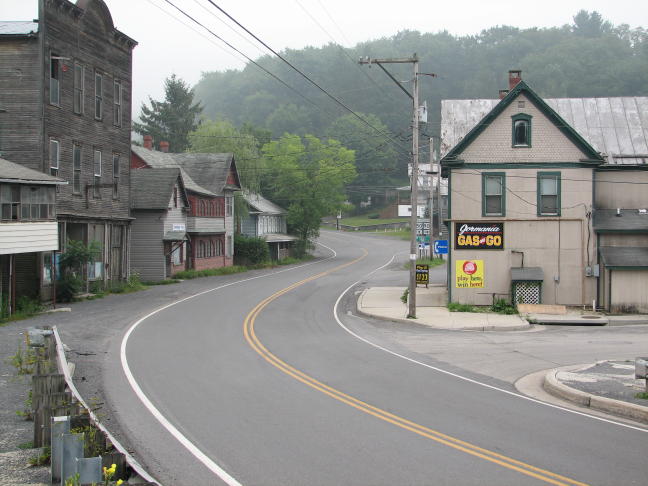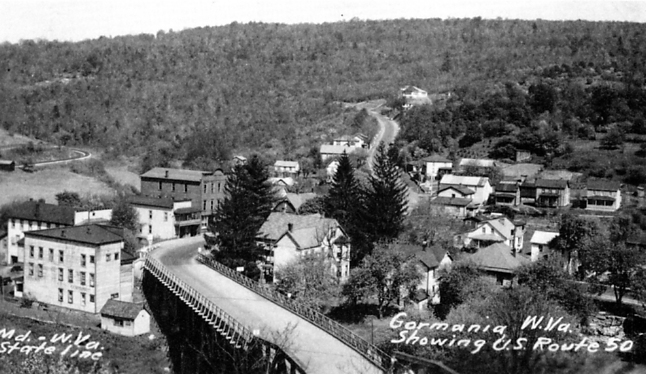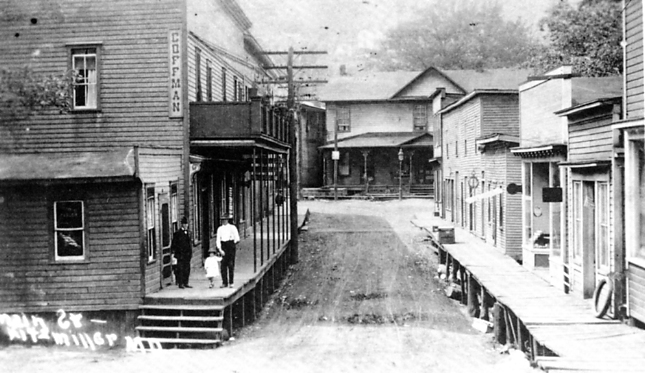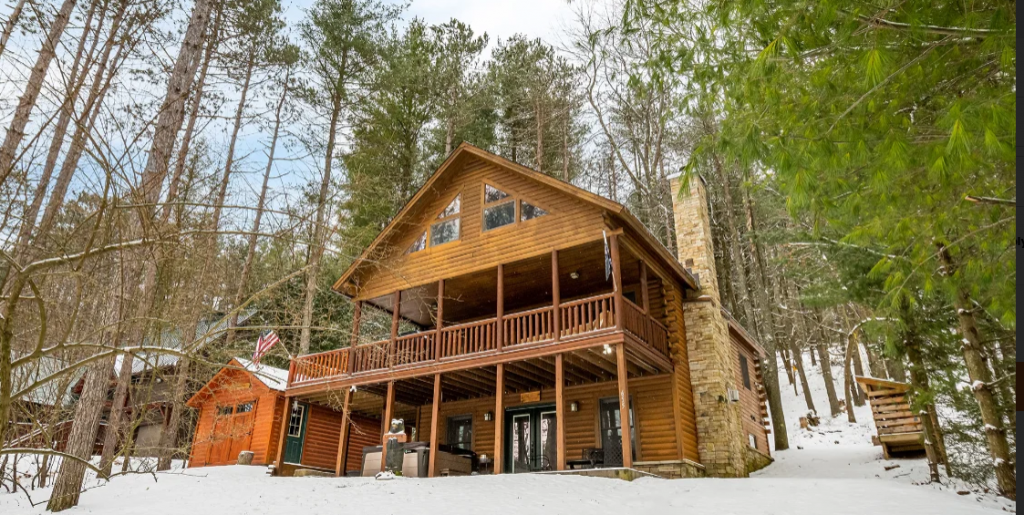
Casa di Maria is a charming log cabin vacation rental located in South Deep Creek Lake, MD, offering a rustic yet modern escape with beautiful seasonal mountain views and lake access. It features 2 bedrooms (each with a queen bed), 2 full baths, and sleeps up to 8 guests, with additional sleeping spaces in the loft and lower-level family room.
The cabin has a cozy, inviting atmosphere with a blend of Craftsman and Americana décor, an open living area with a fireplace, a fully equipped kitchen, and a spacious deck with a private hot tub. Guests can enjoy outdoor activities like fishing, boating, and hiking, or relax in the community’s park and catch-and-release pond. A 4WD vehicle is required in winter months.
Key Amenities:
Private hot tub, deck, fire pit
Full kitchen with modern appliances
Smart TV, fireplace
Wireless internet, gas grill
Access to community lake and playground
Nearby Activities: Boating, skiing, hiking, shopping, dining, and more.
Policies:
Check-in: 4:00 PM, Check-out: 10:00 AM
Minimum age to rent: 25, no pets allowed
Booking deposit: 50% due 30+ days prior, 100% due within 29 days
Cancellation: Full refund for cancellations 31+ days before arrival, non-refundable within 30 days.
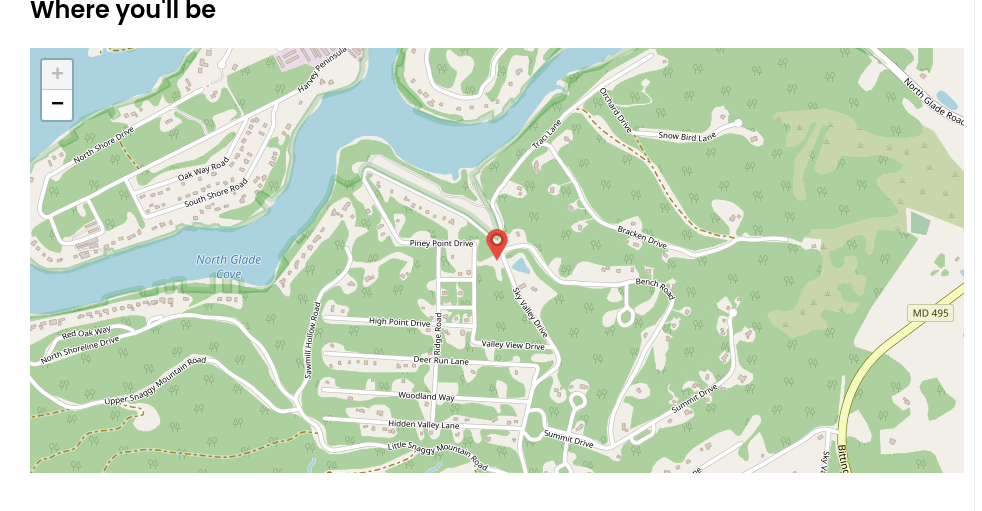


Amenities
View
Wooded View
Seasonal Mountain View
Location
On Mountain
Lake Access
Pool
Hot Tub – Private
Pet Suitability
No Pets Allowed
Property Features
Deck
Fireplace
Iron & Ironing Board
Linens Provided
Wireless Internet
Grill – Gas
Carbon Monoxide Detector
Smoke Detector
Private Entrance
TV (s)
Fire Extinguisher
Fire Pit
Living Room
No Smoking or Vaping Allowed
No/Limited Air Conditioning
Self Check-in (Keyless Lock)
TV (s) – Smart
Hot Water
Partial/Mid-Week Stays
Kitchen
Blender
Coffee Maker
Cookware
Dishwasher
Full Kitchen
Microwave
Oven
Refrigerator
Stove
Dishes and Utensils
Bathroom
Bath Towels Provided
Parking
Parking /Access- 4WD Required for Winter
Resort/Shared Amenities
Basketball Court(s)
Children’s Playground
Community Lake Access
Nearby Activities
Boating
Canoeing
Restaurants
Fishing
Golf Course(s)
Jet Ski Rentals
Kayaking Rentals
Medical Services
Miniature Golf
Museums
Shopping
Windsurfing
Biking
Birding
Cinemas
Hiking
Historic
Sailing
Snow Skiing
State Parks
Whitewater Rafting
Winery/Brewery



